简体中文
繁體中文
English
Pусский
日本語
ภาษาไทย
Tiếng Việt
Bahasa Indonesia
Español
हिन्दी
Filippiiniläinen
Français
Deutsch
Português
Türkçe
한국어
العربية
FOREX MARKET ORGANIZATION
Abstract:The Forex market is incredibly close to being a textbook example of the perfect market that humanity has ever created. Any place where buyers and sellers exchange goods and services is referred to as a market. Perfect competition can be achieved when there are many buyers and sellers, and they are all aware of who is providing the best pricing.
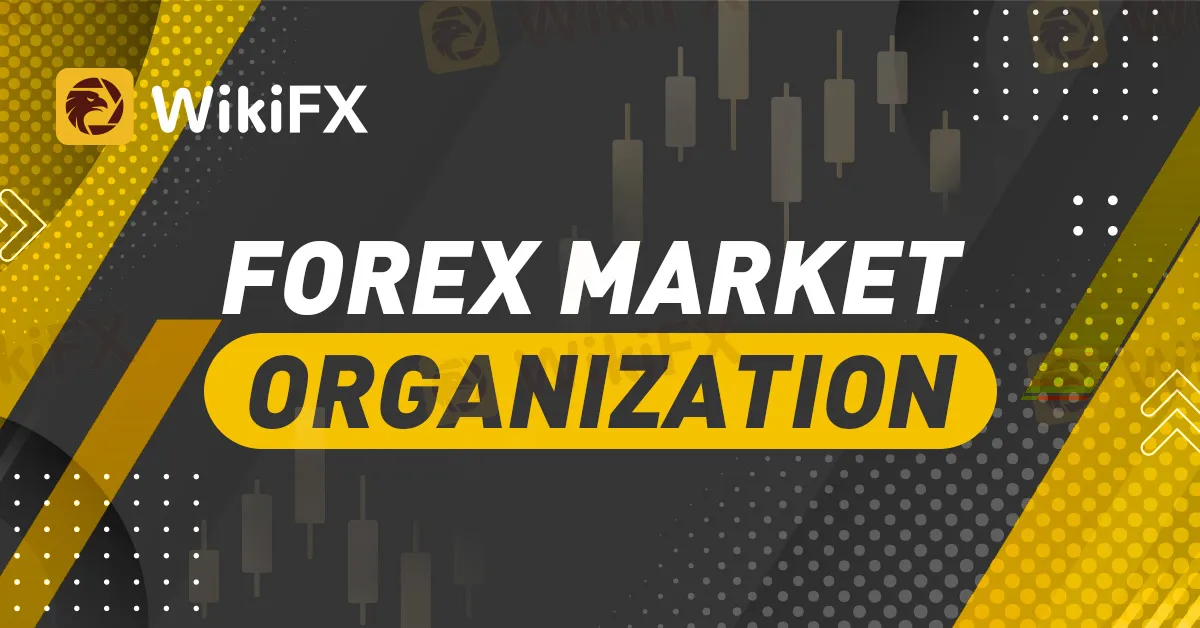
The Forex market is incredibly close to being a textbook example of the perfect market that humanity has ever created. Any place where buyers and sellers exchange goods and services is referred to as a market. Perfect competition can be achieved when there are many buyers and sellers, and they are all aware of who is providing the best pricing. Take into account having the ability to purchase the pizza of your choice at the greatest price and have it delivered in a matter of seconds. The forex trading market is capable of achieving that, despite the fact that all it does is facilitate currency exchange.
Centralized Market
When there is only one seller, whether it be a bank or a pizzeria, they can set the price as they see fit and even manipulate it whenever they want. The markets in question are centralized. A centralized market is obviously bad for you unless you are in charge of making decisions. The good news is that the FX market is now decentralized, so let's take a closer look at this vibrant market's structure.
Participating Forex Traders - Decentralized Market Structure
With the development of technology, the structure of the Forex market changed, making it even more effective today. Since the Spot Forex market is decentralized, no one entity or central authority is in charge of it. The price you see when trading is the retail price, which is determined by matching your request to buy or sell with the best price provided in the liquidity pool, despite the fact that quotes from various currency dealers fluctuate.
The Interbank Market
Banks are looking for somebody who can handle the massive amounts of foreign exchange that they must deal with. Naturally, that's where other banks step in. This makes up the interbank market layer of the currency market structure, which is at the top of the ladder. Players in this stratum can communicate with one another verbally or electronically using brokers like Reuters Matching and EBS (Electronic Brokering Services). These brokers fiercely compete with one another in order to offer the greatest prices, which are only feasible when you are connected to a higher number of potential clients. Rates improve as there is more liquidity created by more parties. As a result, some brokers provide more liquid currency pairs than others.
Market Institutional
The hedge funds, retail market maker brokers, ECN brokers, and other financial institutions that can't establish credit agreements with the major banks must deal with commercial banks are on the next rung of the ladder, below the interbank market. Between the interbank market and retail traders, this creates the bridge in the forex market system. The prices offered here are slightly higher and more expensive than the interbank rates, but they are still better than those for retail dealers.
Consumer Market
The lowest bottom of the hierarchy are the retail dealers. Retail traders are now able to trade currency pairs with ease thanks to electronic trading, retail brokers, and the internet, which formerly prevented them from doing so. Large reputable brokers may offer spreads and circumstances that give the impression that retail traders are on level with the major banks in the competition for clients made possible by technology, even though they are not always receiving the best pricing when compared to the interbank markets. AvaTrade spreads, in contrast, could be as little as 0.01%.

Disclaimer:
The views in this article only represent the author's personal views, and do not constitute investment advice on this platform. This platform does not guarantee the accuracy, completeness and timeliness of the information in the article, and will not be liable for any loss caused by the use of or reliance on the information in the article.
Read more
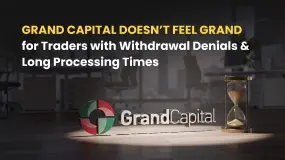
Grand Capital Doesn’t Feel GRAND for Traders with Withdrawal Denials & Long Processing Times
The trading environment does not seem that rosy for traders at Grand Capital, a Seychelles-based forex broker. Traders’ requests for withdrawals are alleged to be in the review process for months, making them frustrated and helpless. Despite meeting the guidelines, traders find it hard to withdraw funds, as suggested by their complaints online. What’s also troubling traders are long processing times concerning Grand Capital withdrawals. In this Grand Capital review segment, we have shared some complaints for you to look at. Read on!
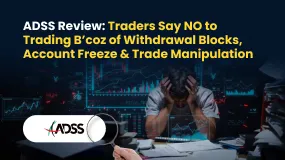
ADSS Review: Traders Say NO to Trading B’coz of Withdrawal Blocks, Account Freeze & Trade Issues
Does ADSS give you plenty of excuses to deny you access to withdrawals? Is your withdrawal request pending for months or years? Do you witness account freezes from the United Arab Emirates-based forex broker? Do you struggle to open and close your forex positions on the ADSS app? Does the customer support service fail to respond to your trading queries? All these issues have become a rage online. In this ADSS Broker review article, we have highlighted actual trader wordings on these issues. Keep reading!
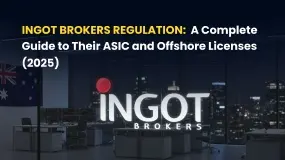
INGOT Brokers Regulation 2025: ASIC vs Offshore License - What Traders Must Know
Explore INGOT Brokers regulation in 2025: Compare their ASIC and Seychelles FSA licenses, understand trader protection levels, and learn about potential risks in this detailed guide.
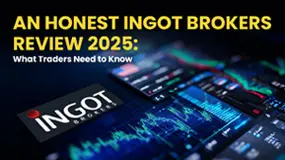
INGOT Brokers Review 2025: High Risk or Hidden Gem? Expert Analysis Reveals All
Comprehensive INGOT Brokers review exploring the broker's mixed reputation in 2025. Discover the truth about regulation, trading options, and user experiences before opening an account.
WikiFX Broker
Latest News
Consob Targets Political Deepfake “Clone Sites” and Unlicensed Platforms in Latest Enforcement Round
WikiEXPO Global Expert Interviews: Gustavo Antonio Montero: ESG in Finance
Mitrade Arabic Platform Targets MENA Gold Trading Boom
Israeli Arrested in Rome Over €50M Forex Scam
Scam Alert: GINKGO-my.com is Draining Millions from Malaysians!
New FCA Consumer Alert 2025: Important Warning for All Consumers
EmiraX Markets Withdrawal Issues Exposed
Polymarket Onboards First US Users Since 2022 Shutdown: Beta Relaunch Signals Major Comeback
US Seizes US15 Billion in Bitcoin as Prince Group Rejects Crypto Scam Allegations
INGOT Brokers Regulation 2025: ASIC vs Offshore License - What Traders Must Know
Currency Calculator



